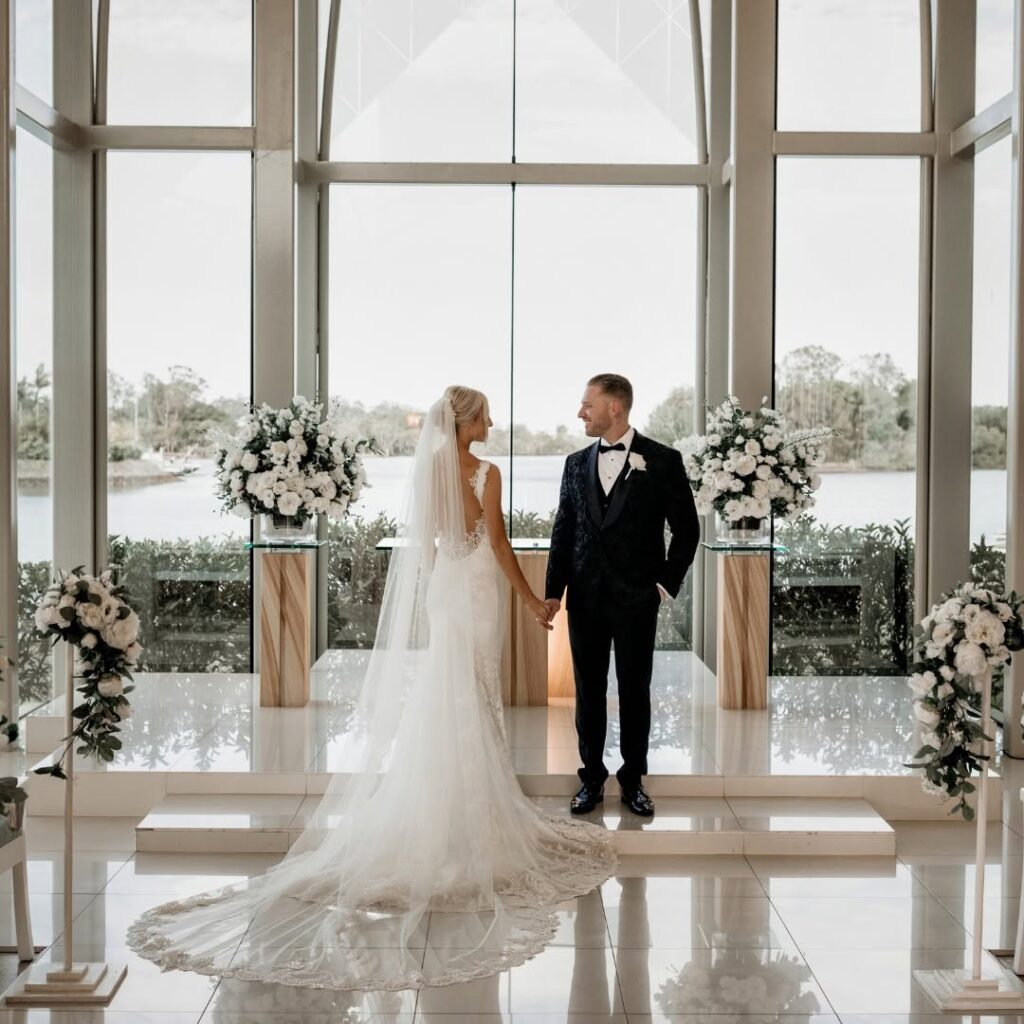
What’s in a name? For some couples, it’s a sweet token of togetherness. For others, it’s an ancient custom enmeshed in identity, feminism, and in some cases less-than-flattering wordplay. During a time when wedding culture is as much about individual expression as it is about love, the choice to take (or retain) a surname is no longer automatic, but it’s still a touchy topic offline and on TikTok.

From laugh-out-loud viral name reveals to intensely intimate musings on heritage and equality, the discussion regarding marital name changes is changing rapidly. Some regard it as a quaint gesture to tradition, some as an artifact of patriarchal past, and many are getting innovative about making the decision their own. Here’s a glimpse into the most interesting, amusing, and insightful aspects of the surname switch.
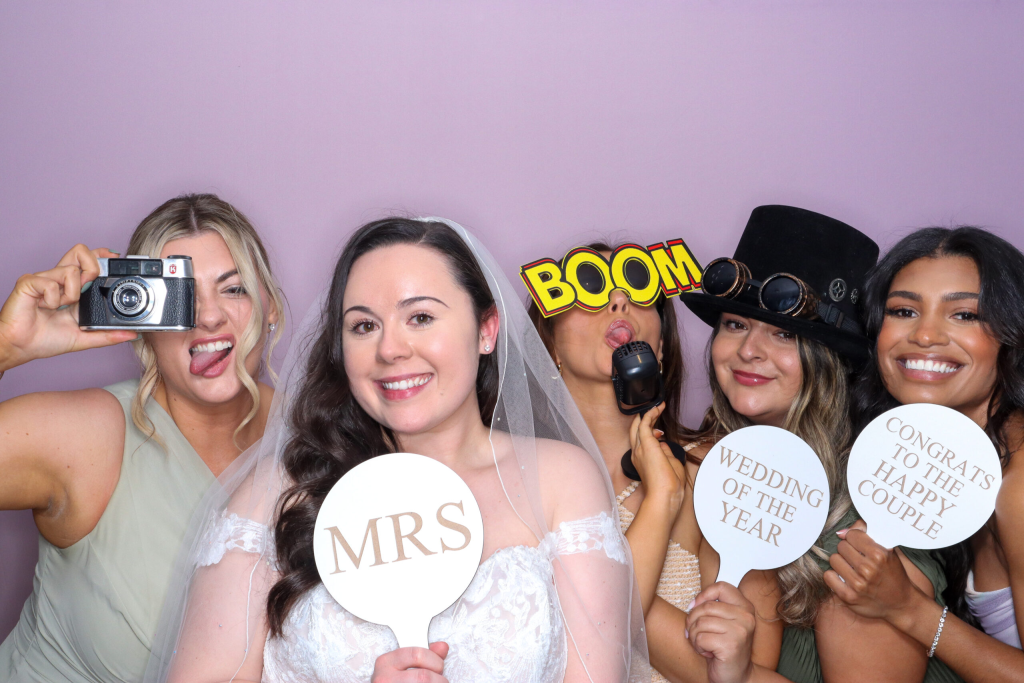
1. When Your New Name Is a Joke
Dallas NICU nurse Brooke Marshall is set to wed her fiancé Jake Hornibrook and yes, that means she’ll be Brooke Hornibrook soon. Rather than avoiding the awkwardness, she’s leaned into it, participating in a TikTok trend in which brides-to-be post their soon-to-be last names with a punchline. It’s “our version of ‘Bond, James Bond,” Brooke refers to it, and she says she’s not in the least embarrassed. She actually considers it a built‑in icebreaker for the years to come.
She’s not the only one viral videos of women such as the now-famous “Milly Willy” have turned this into a fun subgenre of wedding videos. As Brooke says, “If anyone can pull that name off, it’s me.” Her self-assurance illustrates how humor can convert what could be a cringe moment into a universal laugh.
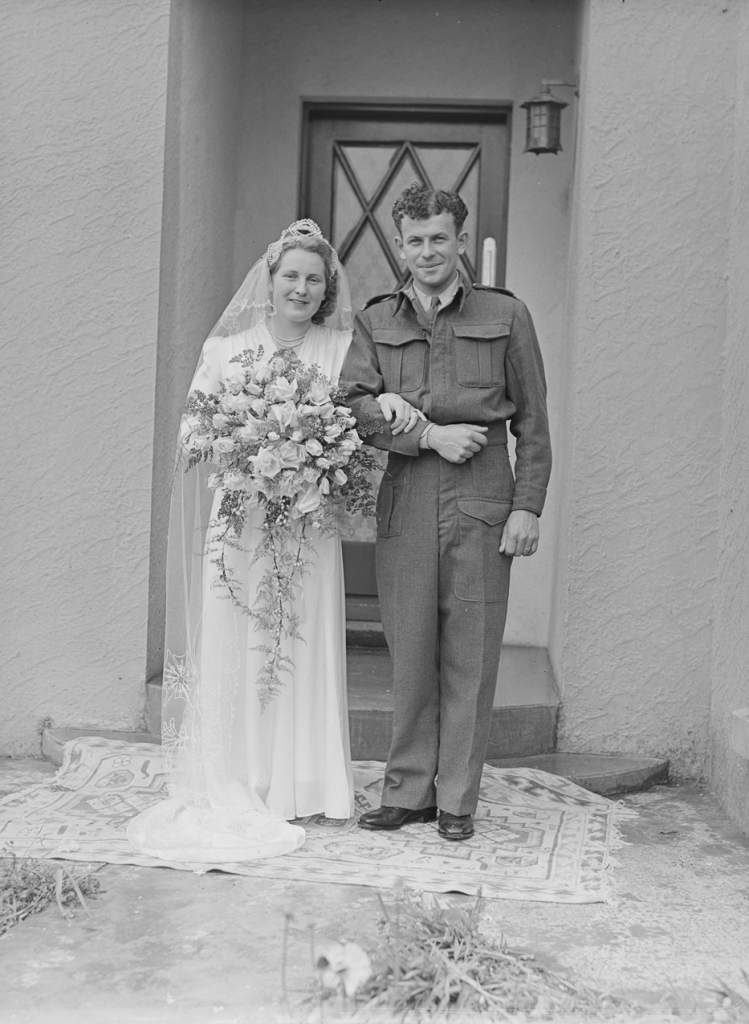
2. The Patriarchal Origins of Name Alterations
Though today’s couples tend to present the decision as individualized, the convention of taking her husband’s last name has its roots in coverture laws a piece of legal dogma that formerly made married women “legally dead” in their own name. Historian Catherine Allgor describes how under coverture, a woman’s name was subsumed into the name of her husband, giving her no rights to property, no standing in the law, and no entitlement to her own salary.
Even though those laws no longer exist, scholars such as Simon Duncan from the University of Bradford contend that the practice still retains its male authority undertones. It’s usually packaged with other “marriage package” practices such as men being more likely to propose and fathers giving away brides.

3. The ‘Good Family’ Narrative
Duncan’s research also revealed a strong contemporary motivator the notion that having the same last name makes the couple and any children they may have in the future appear more solid. Lindsey Evans, who adopted her husband’s surname, said in the BBC interview, I feel like it gives us an identity as a family and not just individuals.
This isn’t just about personal feelings it’s about public perception. Many couples want to be seen as a cohesive unit, whether for social reasons, travel convenience, or simply to avoid awkward questions at the school gate. Critics note that this desire to appear “official” can subtly reinforce outdated gender roles.
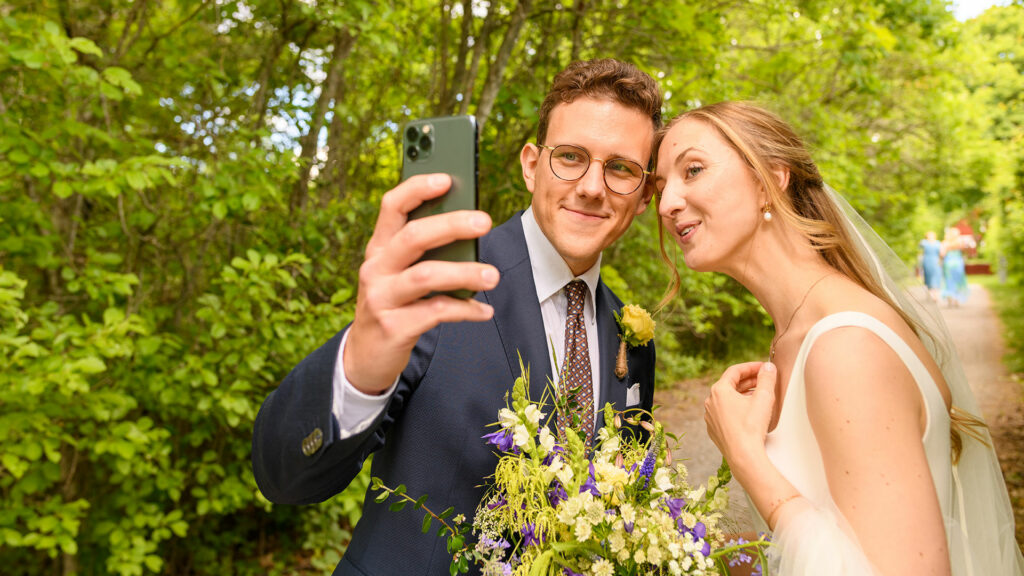
4. When the Internet Has Opinions
Brooke Hornibrook’s TikTok announcement didn’t only elicit giggles it ignited discussion. Some congratulated “Mr. and Mrs. Marshall,” even suggesting Jake should adopt her surname instead. Others countered that altering her name made her “not his property” and the decision was entirely up to her.
This type of unsolicited commentary is par for the course in viral name-change stories. Danielle Bonadona, whose would-be hyphenated name Bonadona‑Bartlebaugh hit the internet hard, described the online response as “surreal” and filled with forceful opinions. It’s a reminder that once you put your choice out there, the internet will have an opinion whether invited or not.
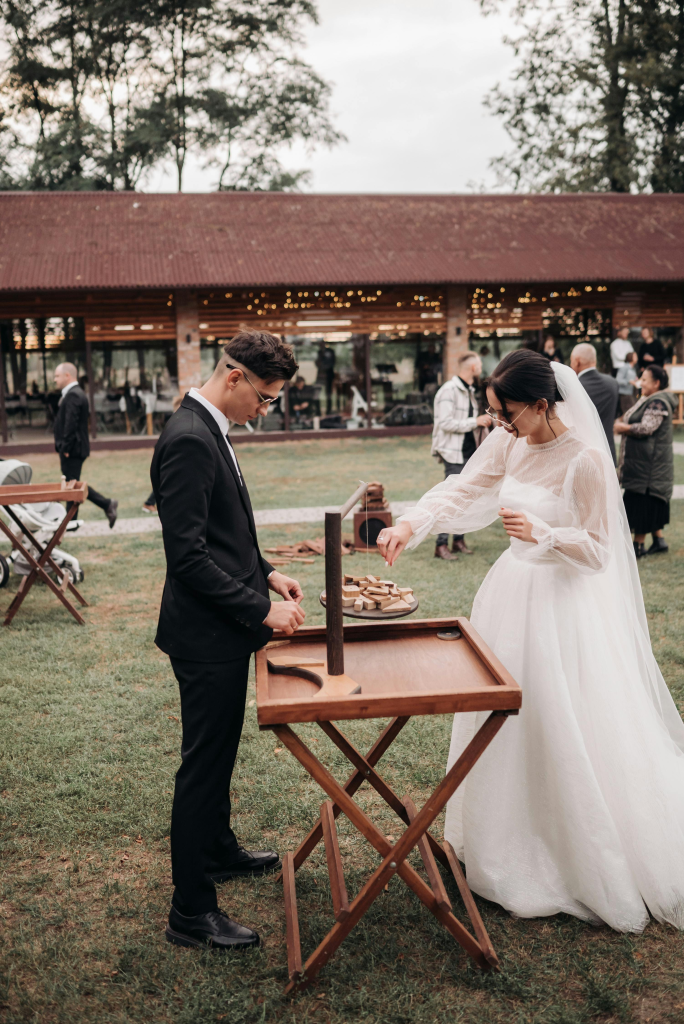
5. Creative (and Competitive) Alternatives
Not all couples go by the book. Some come up with a new shared surname, others double‑barrel, and some reverse tradition altogether. One couple even battled it out in a best‑of‑three rock, paper, scissors competition at the altar bride Hunter won, and her name became the family name.
Although still uncommon, men adopting their wife’s surname or couples mixing names are becoming increasingly prominent, particularly in LGBTQIA communities where naming rules are already more loose. As marketing manager Verity Sessions explained, “It’s time for this to become an open‑ended discussion within partnerships, and not something that is assumed or pre‑determined.”

6. The Career and Identity Factor
For some, a name change isn’t just personal it’s professional. Academic Emily M. Grossnickle wrestled with whether to change her name after marriage, fearing it might disrupt her publication record. Many women in similar positions keep their birth name for work while using their married name legally, but that can mean juggling two identities.
Others, such as author Carol Gee, embrace the change to distance themselves from complex family histories. The shared thread? A name is closely associated with identity, and changing it can have gains and losses alike.
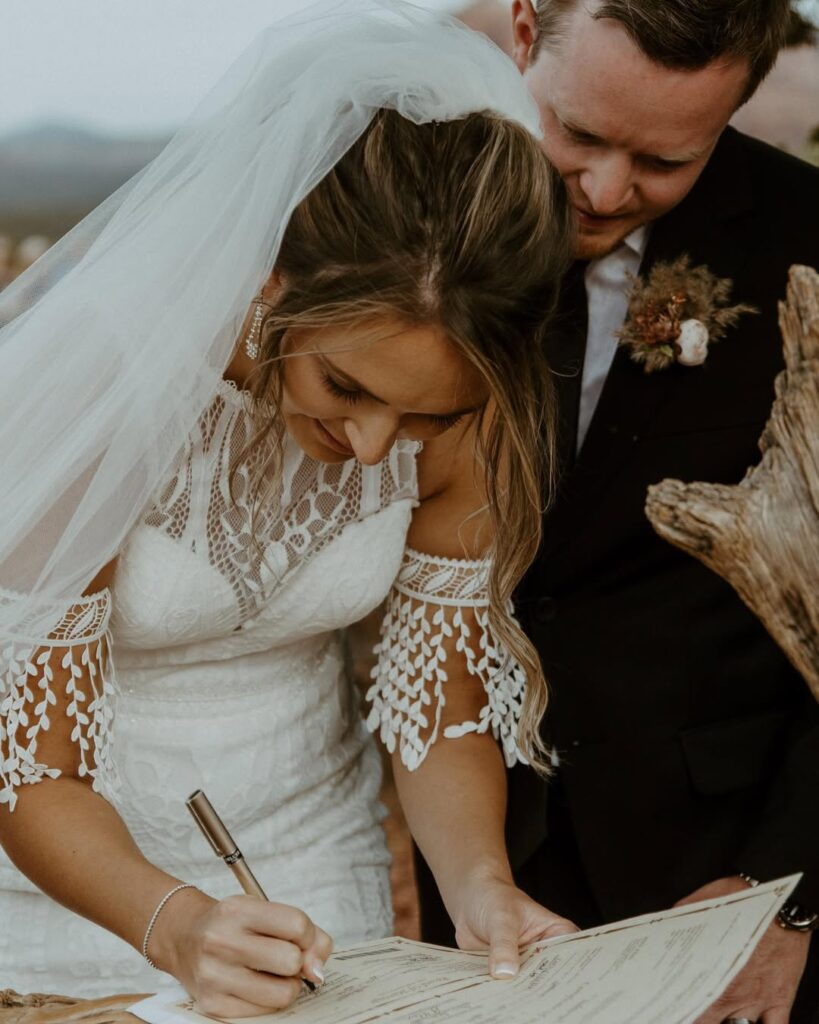
7. The Freedom to Choose And to Laugh About It
In spite of its heritage, it is argued by many that feminism is a matter of choice. Provided that the choice is made voluntarily not coerced by one’s partner or society at large it can be liberating, even if within tradition. Some couples view it as a loving gesture others as a pragmatic decision.
And sometimes, like in Brooke Hornibrook’s situation, it’s simply a good yarn. Regardless of whether the outcome is sleek and high-end or a bit ridiculous, the best part is having made the decision for yourself and perhaps enjoying a few chuckles in the process.
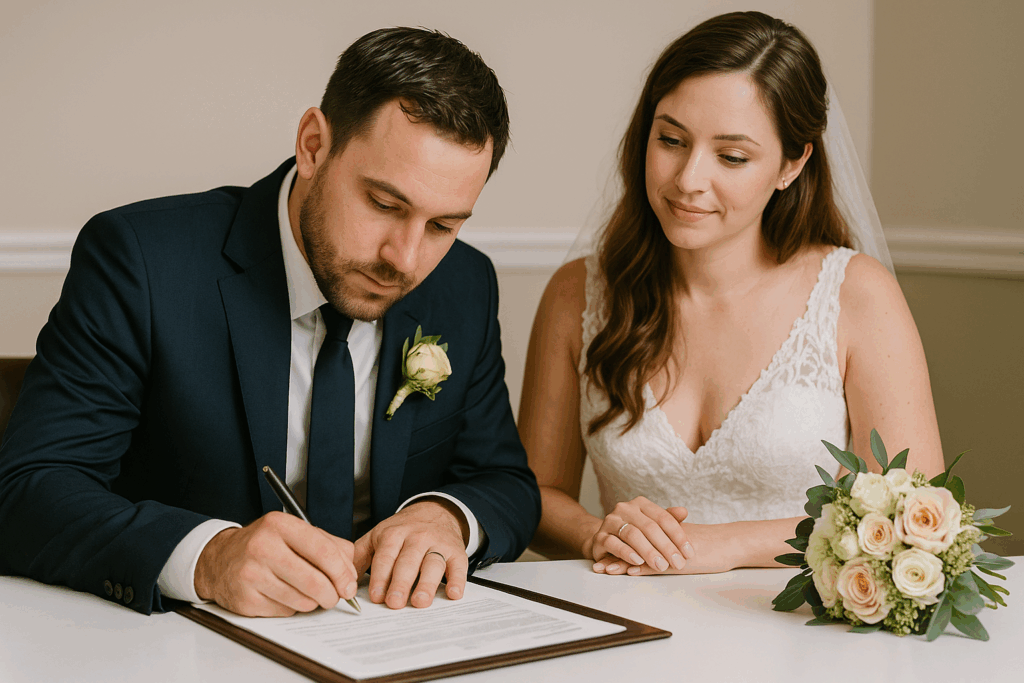
Renaming a surname upon marriage can be a romantic tradition, a feminist protest, a branding choice, or just a running joke. One thing is certain there isn’t one single solution. In 2025, the most progressive choice isn’t about holding onto or adopting a name it’s about choosing what feels best, and owning it with confidence.


